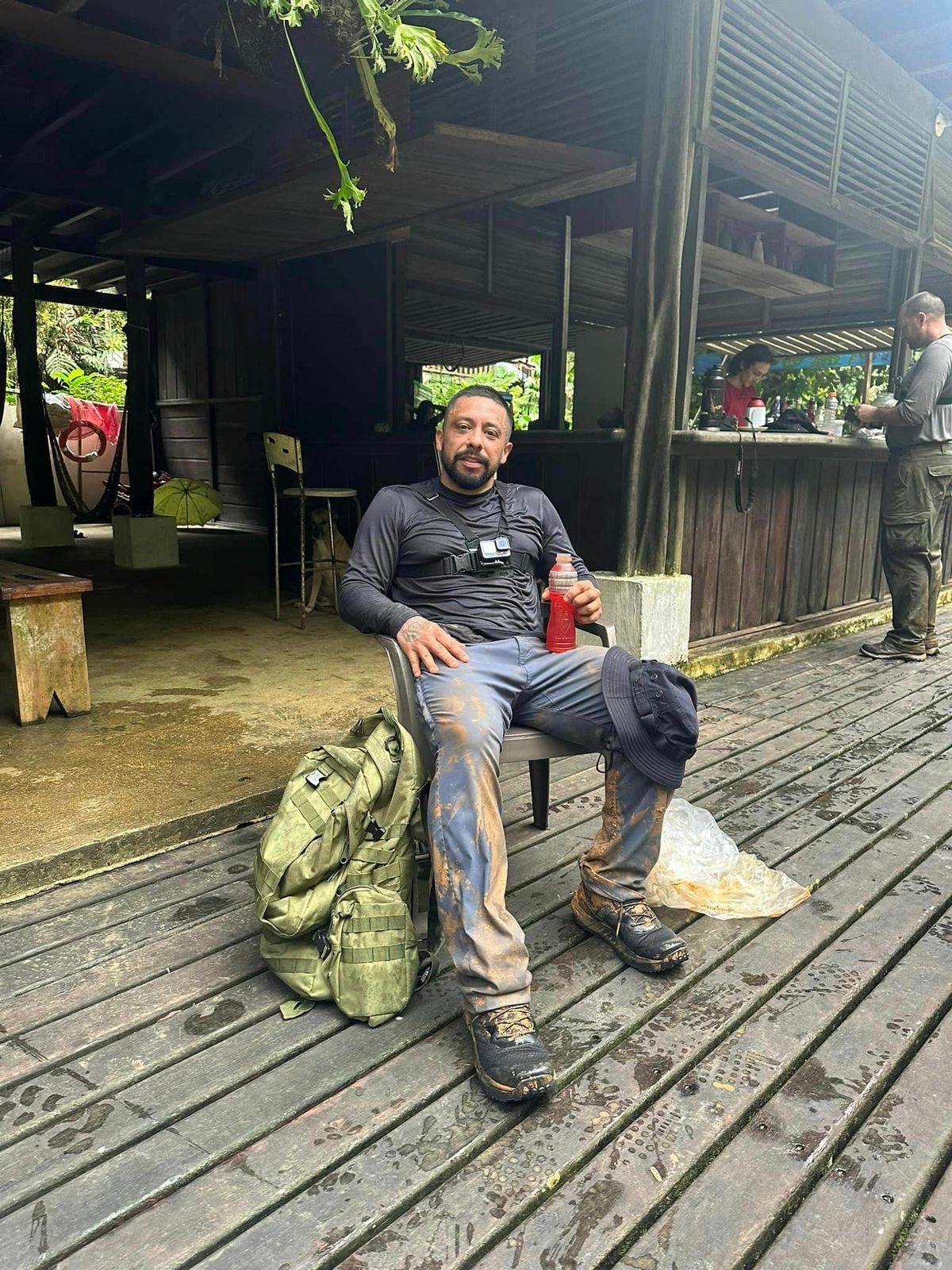Ben Berquam and Oscar Blue Crossing the Darien
It was a very long day yesterday as Michael Yon and I left my house at 2am to drive all the way to the Darien Gap. About six hours driving normally, but leaving so early and encountering no traffic, I was able to cut the time to under 5 hours. We arrived at a tiny indian village called Puerto Limon, on the banks of the rio Chuconaco, just in time to see boatloads of migrants start to arrive.
There are two main routes the migrants take into Panama. One brings them out at Bajo Chiquito, and this is the most highly trafficked route, even though it is the most difficult. That's because it is less expensive in terms of dollars paid to smugglers, but that cost savings is more than offset by the increased human misery of two additional days on foot in the jungle. According to the Panama immigration service, there are currently about 1000 migrants a day using this route.
Migrants with a bit more money opt for the route that comes out at Canaan Membrillo, whereupon they can take a boat down to Puerto Limon. The migrants we saw there were mostly Chinese, believe it or not, with some Somalis and even someone from Mauritania thrown in.
Ben and Oscar made it through with three and a half days of walking, accompanied by a Special Forces team from SENAFRONT (Panamanian Border Police). Both Ben and Oscar say it was the most arduous experience of their lives.
I'm proud of what these two journalists accomplished - and more proud of why they did it. They are doing it to expose the vast toll of human suffering brought on by the current US administration's near-suicidal immigration policy. Subscribe to their work here: https://www.buymeacoffee.com/oscarelblue and https://www.youtube.com/channel/UCMGZ8pfQHgZ6Yj0-92PMENg.


















